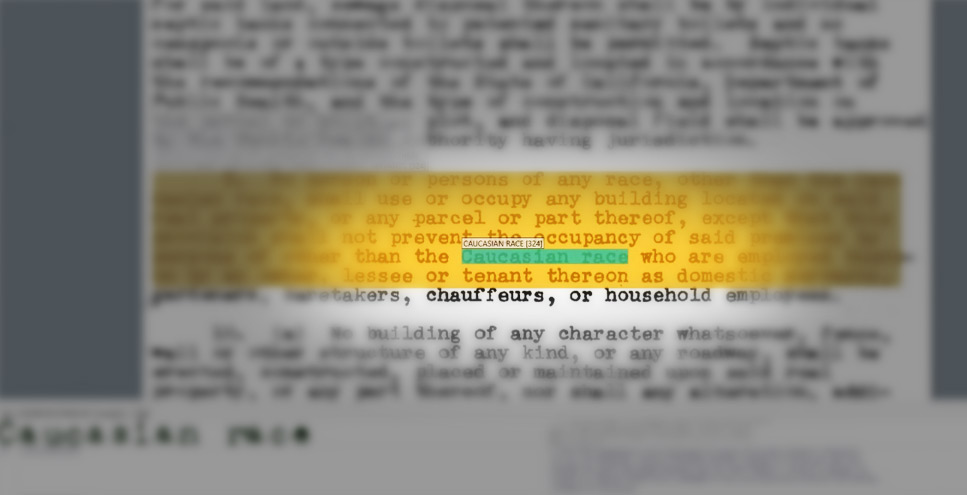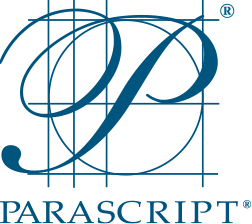Next Generation OCR Technology For AB2778
Governor Gavin Newsom’s signing of AB 2778 marks a significant step in combating racial bias within California’s legal system. The legislation, effective from January 1, 2025, mandates “race-blind” charging practices, requiring the redaction of race-related information in cases. Recognizing the potential impact of unconscious bias, AB 2778 emphasizes the necessity for a fair and equitable legal process. Attorney General Rob Bonta issued guidelines providing agencies with a framework to implement the legislation, aiming to mitigate bias and promote fairness in charging decisions.
Prosecuting agencies might choose the manual approach, searching for specific language and redacting by hand, however, using the latest Optical Character Recognition (OCR) and Natural Language Processing (NLP) technologies, this process can be automated with high accuracy. Parascript, a leader in Intelligent Document Processing, has recently completed a proof of concept showing how their products can quickly and easily find and redact restrictive covenants in handwriting and machine print.

Natural Language Processing Technology
Parascript technologies include Natural Language Processing (NLP) features that analyze grammatical structures like a human and locate data even when it is written in a variety of ways. This allows the software to find information buried in unstructured documents like date of birth even when the reference to the date varies across documents in different formatting (“born on,” “birthday,” etc.). With NLP, the operator does not need to specify every way the desired data could be referenced; the software simply identifies it. This technology, included with Parascript FormXtra.AI, is the perfect solution to automating the redaction of restrictive covenants.

Why Choose Parascript? Our Partners!
When attempting to automate a complex process such as AB1466 and AB2778 compliance, you need customizable solutions from the best in the industry. For this reason, Parascript has partnered with Western Integrated Systems (WIS) to create an end-to-end solution for scanning documents, locating problematic wording, and redacting the language—all in an easy-to-use package. Serving the Western United States for more than 40 years, Western Integrated Systems is uniquely suited to help counties with digital solutions to their everyday problems.
